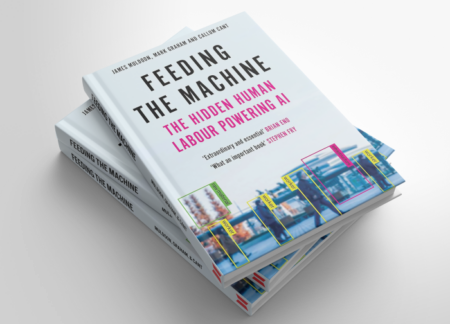
Dr James Muldoon
Senior Lecturer, Department of Politics, University of Exeter
James Muldoon ia Reader (Associate Professor) in Management at the Essex Business School, a Research Associate at the Oxford Internet Institute and Head of Digital Research at the Autonomy think tank.



